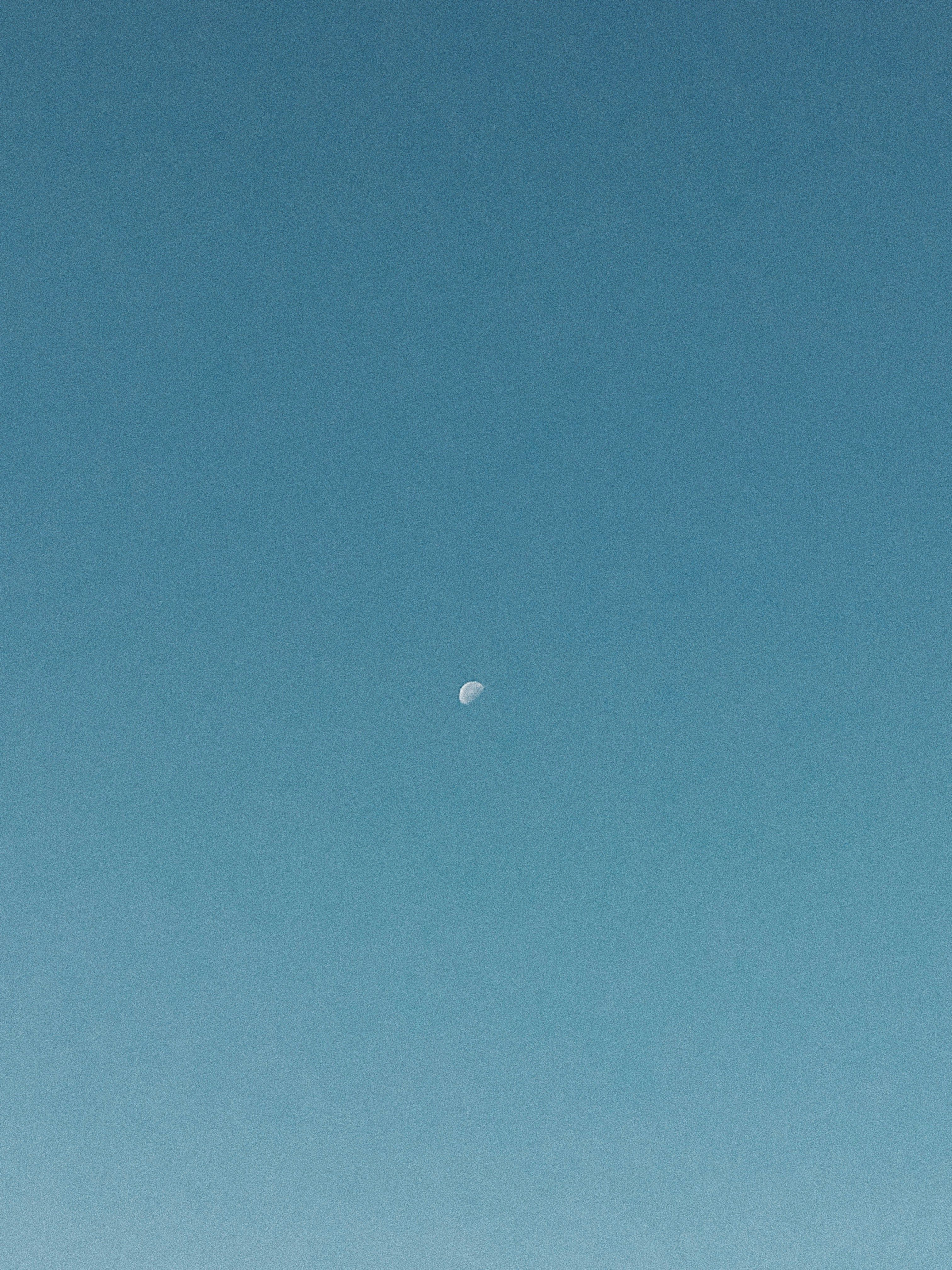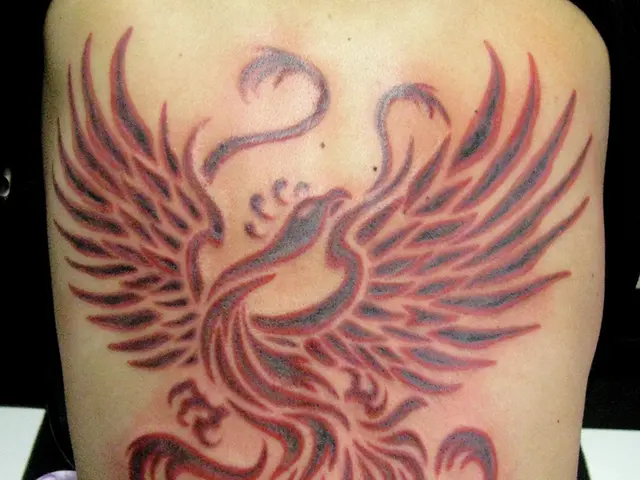Masks put to the test: nearly one-third come up short
Foot care masks, promising swift relief for stressed feet, have gained popularity. The à-la-mode treatment involves slipping into socks soaked with lotion and letting them work for 20 to 30 minutes. However, not all products deliver on their promises, according to the Swiss magazine Öko-Test in its June 2025 issue.
The publication scrutinized 13 foot care masks sold in drugstores, cosmetics chains, and online stores, priced between €1.99 and €4.99 per pair. For this evaluation, masks claiming to alleviate dry or stressed feet were considered, while those specifically targeted towards calluses were excluded.
Six masks secured the top ratings of "very good" or "good." These include the Balea Foot Socks Mask from DM, Be Routine Intensive Care Foot Socks from CC Care and Consulting, and the Fusswohl Foot Mask from Rossmann. Additionally, products from Mr. & Mrs. Panda, Douglas, and Schaebens impressed testers in terms of ingredient quality.
However, three masks received the lowest rating of "insufficient." One product was found to contain formaldehyde, a potential allergen in tiny amounts, as well as aromatic mineral oil hydrocarbons (MOAH), which are considered potentially carcinogenic. Other products contained problematic ingredients like preservatives such as chlorphenesin, which can cause skin irritation, and BHT, a suspected hormonal disrupter.
Several masks also lacked warnings about slip hazards during application, even though warnings are not legally required. In addition, some products provided inadequate application instructions in the German language, despite being sold on the German market.
Environmental considerations were also addressed in the review, with eight products containing poorly biodegradable plastic compounds. No manufacturer could provide proof that recycled plastic was used for packaging, and some providers did not offer any information on this matter.
From a medical perspective, foot care masks are not essential for daily foot care, asserts dermatologist Jan-Olaf Piontek. Daily care can be effectively maintained by using a urea cream in the evening and a fragrance-free, acrylate-free care cream in the morning, according to the expert. For cracked skin, he advises seeking dermatologist assistance, and suitable, breathable shoes can help prevent foot issues.
[Enrichment Data] If you want more information about foot mask products, such as customer experiences, you may find it on platforms like Amazon or specialized product review websites. For instance, the Plantifique Foot Peel Mask is mentioned but does not contain any Öko-Test ratings or reviews. To access the latest Öko-Test evaluations of foot mask products, it is recommendable to visit their official website or publications.
In the realm of health-and-wellness and skin-care, foot care masks that claim to alleviate dry or stressed feet can be found, but not all products deliver as promised. For instance, the Balea Foot Socks Mask from DM, Be Routine Intensive Care Foot Socks from CC Care and Consulting, and the Fusswohl Foot Mask from Rossmann secured good ratings, while some masks received the lowest rating due to questionable ingredients like formaldehyde, aromatic mineral oil hydrocarbons, or potential skin irritants like chlorphenesin and BHT. When making a purchase, it's essential to consider the mask's ingredient quality and avoid products without adequate warnings or clear application instructions.








